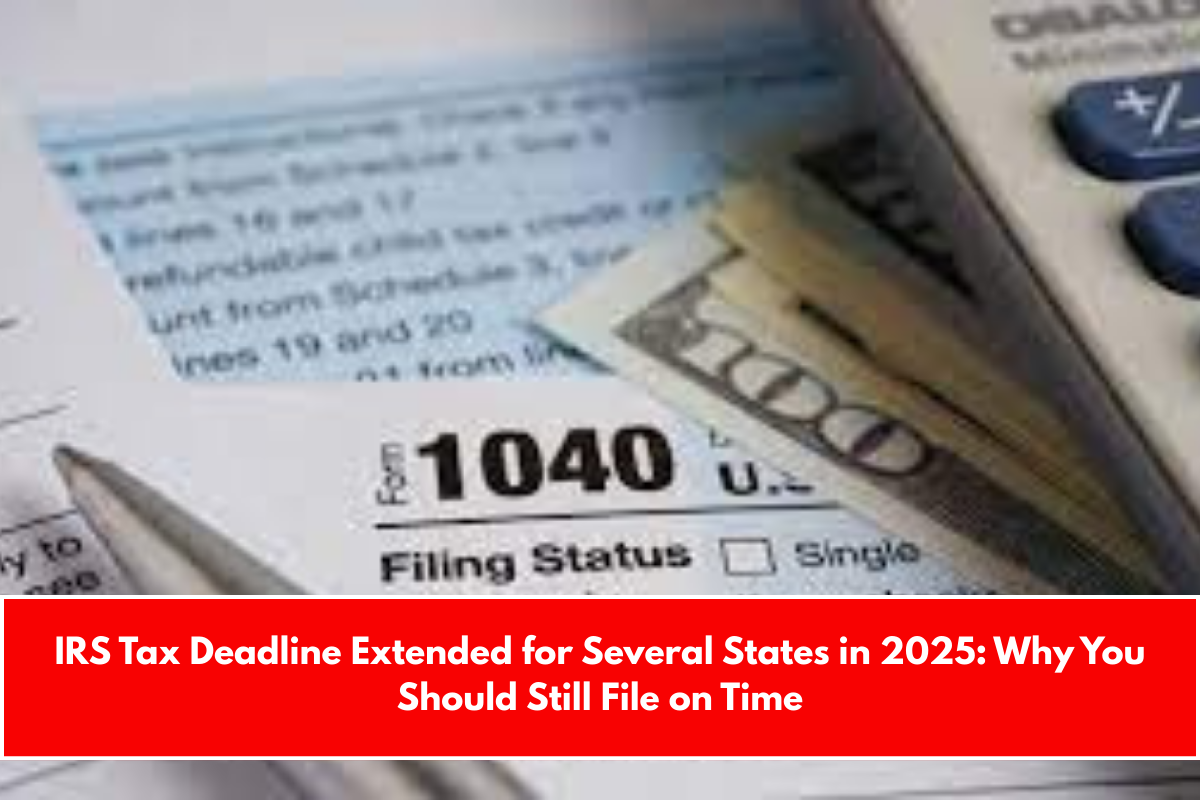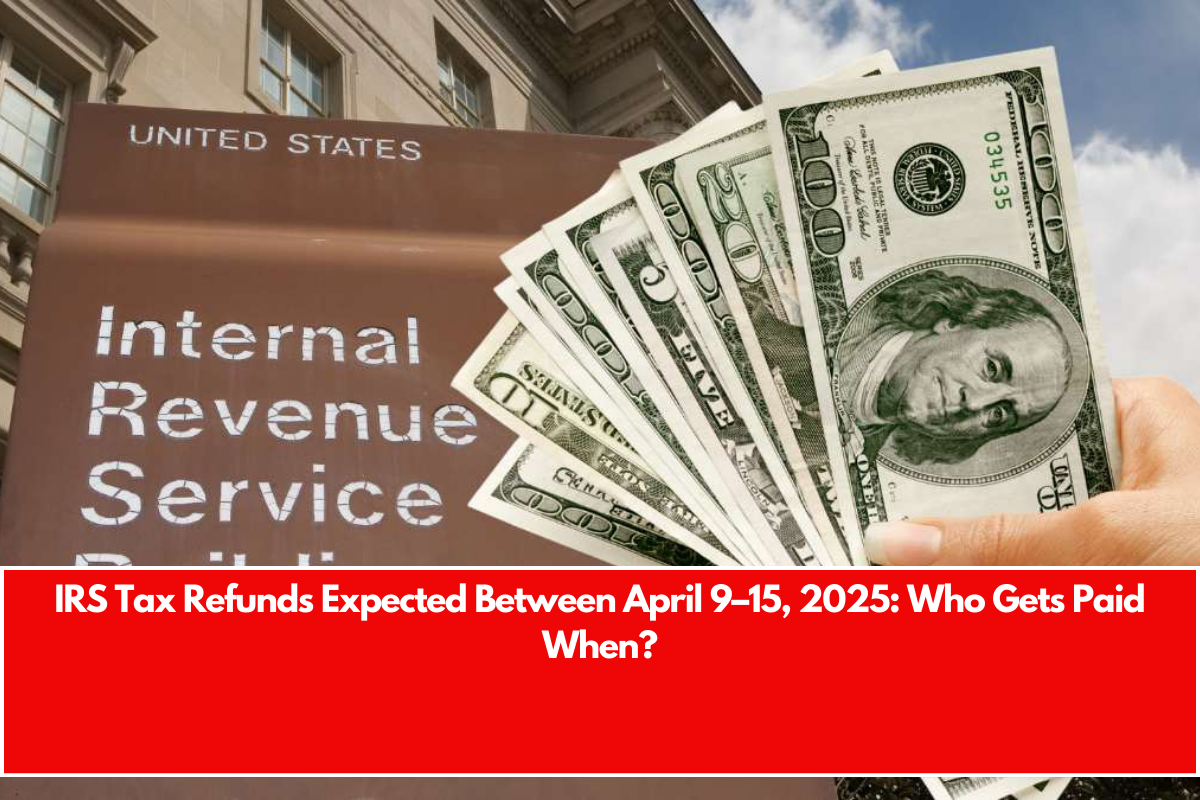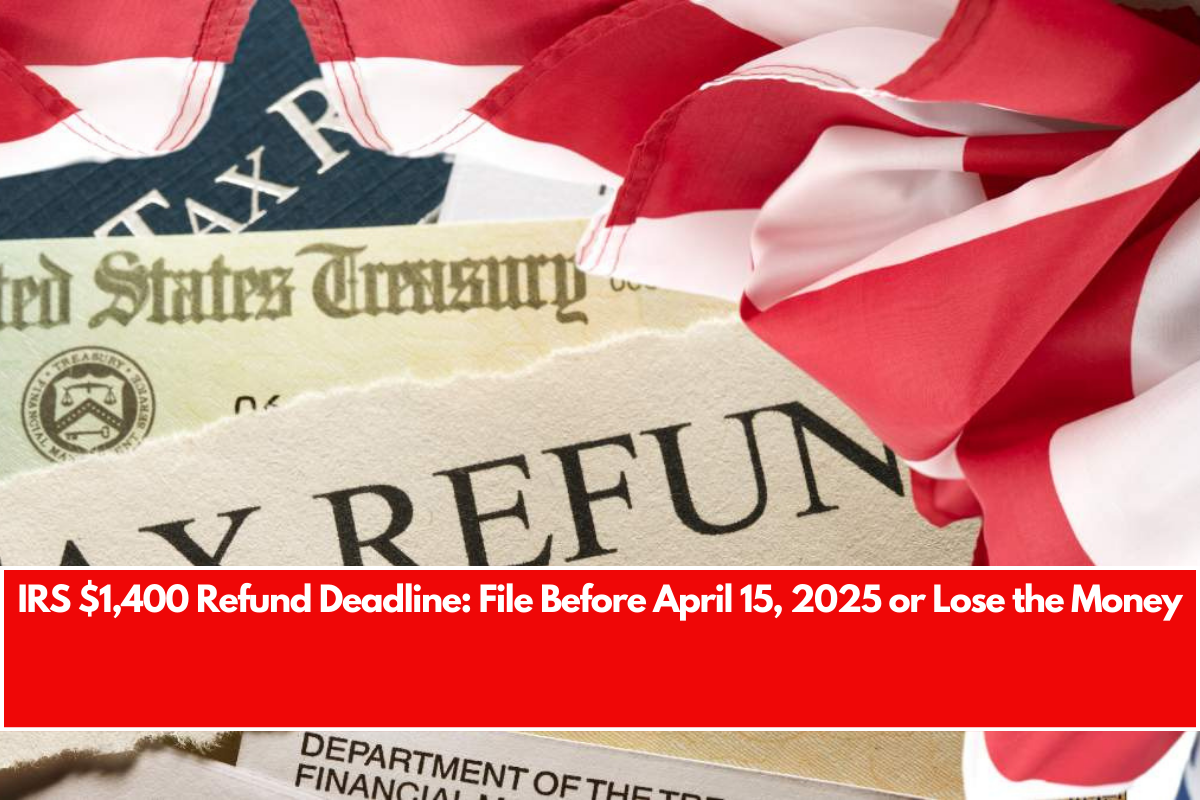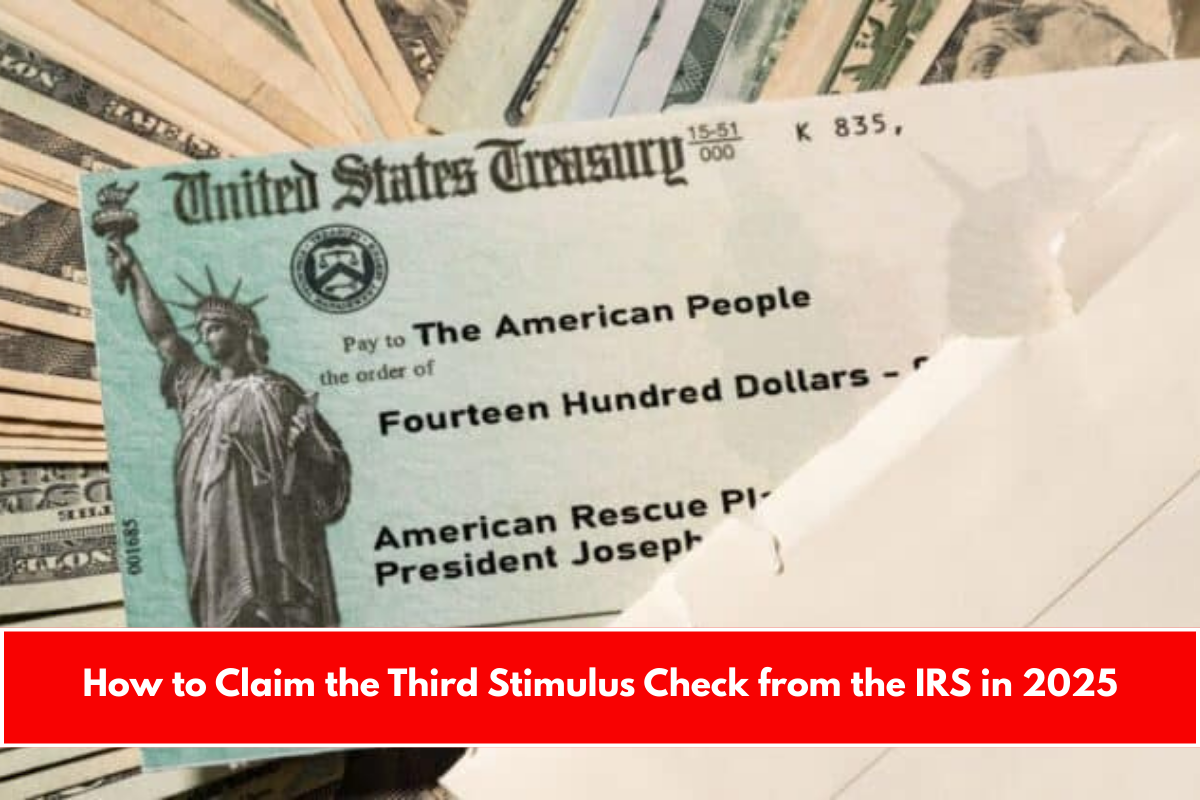The tax season deadline is almost here for millions of Americans. With just days left until the April 15 deadline, over 70 million people have already filed their tax returns. That’s a large number, but it’s actually 1.7% lower than last year at the same time, as per the IRS (Internal Revenue Service).
But there’s good news too. Even though slightly fewer people have filed so far, the refund amounts are higher than last year. The IRS has already sent out more than $162.99 billion in refunds—a 6.7% increase compared to 2024.
Direct Deposits Are Growing in Popularity
Out of the total refunds, a massive $160.91 billion was sent through direct deposit, which is the fastest and safest way to get your money. More people prefer this method now because it avoids delays and delivers funds straight to your bank account.
Average Refund Amount Is Also Higher in 2025
In 2025, the average tax refund is around $3,271, which is a 5.2% increase from last year. For those who chose direct deposit and already received their refund, the average amount is even higher—$3,330, which is 4.8% more than 2024.
This extra money is a big help, especially during a time when inflation and the cost of living are rising. For many families, getting a refund brings much-needed relief.

Haven’t Filed Yet? You Still Have Time
If you haven’t filed your tax return yet, don’t worry. You can still do it before April 15. To get your refund faster, the IRS recommends filing electronically and choosing direct deposit. But for the process to go smoothly, you must:
File electronically
Choose direct deposit for the refund
Submit a complete and error-free return
If you meet these three conditions, your refund could arrive within 21 days. Sometimes it might take a bit longer if the IRS needs to review your return more closely.
Use the “Where’s My Refund?” Tool
You can check the status of your refund using the “Where’s My Refund?” tool on the IRS website. This tool is updated daily and gives you real-time updates on when to expect your money.
Refund Timeline Based on Submission Dates
The IRS has shared an estimated payment schedule. Here’s a quick look at when you might get your refund based on the date you filed your return:
March 10 → March 31
March 11 → April 1
March 12 → April 2
March 13 → April 3
March 14 → April 4
March 15 → April 5
March 16 → April 6
March 17 → April 7
March 18 → April 8
March 19 → April 9
March 20 → April 10
March 21 → April 11
March 22 → April 12
March 23 → April 13
March 24 → April 14
March 25 → April 15
As the April 15 tax deadline approaches, millions have already received bigger refunds this year, thanks to faster processing and increased average amounts. If you haven’t filed yet, now is the time. Submitting your return electronically and selecting direct deposit gives you the best chance of getting your money quickly—usually within 21 days.
Whether you’re waiting on a few hundred dollars or over $3,000, every bit helps in today’s economic climate. Don’t delay—file before April 15 and avoid late fees or missed refunds.
Also see:- Social Security Fairness Act 2025: What It Means for Public Workers and Their Benefits
















